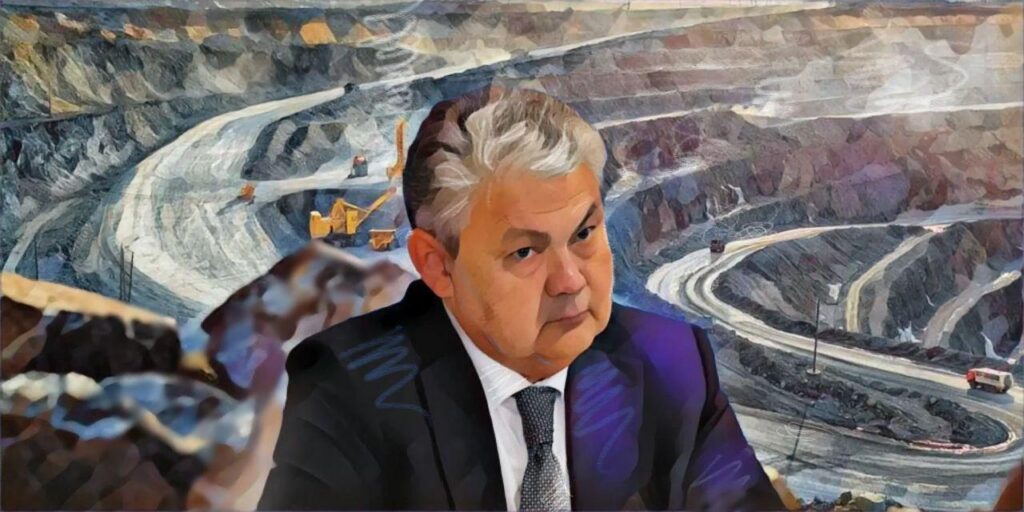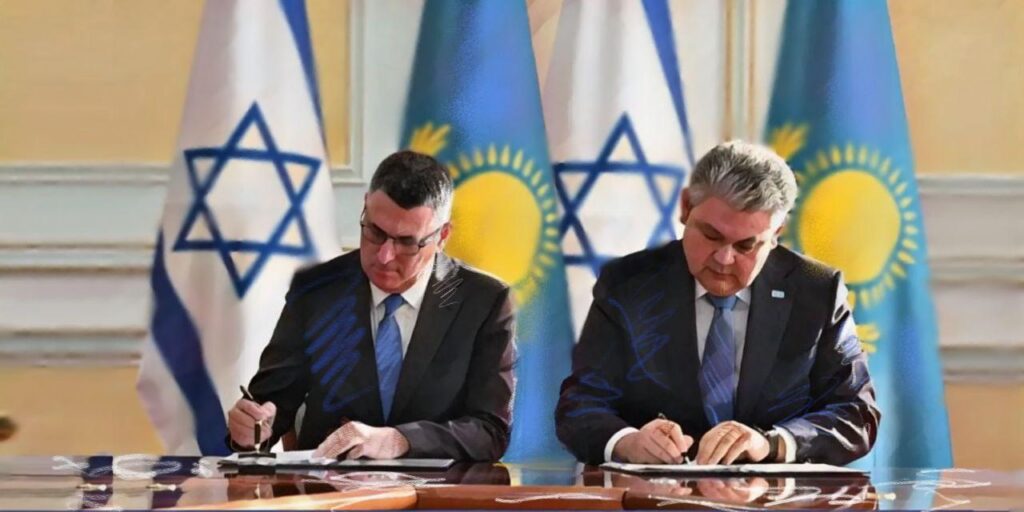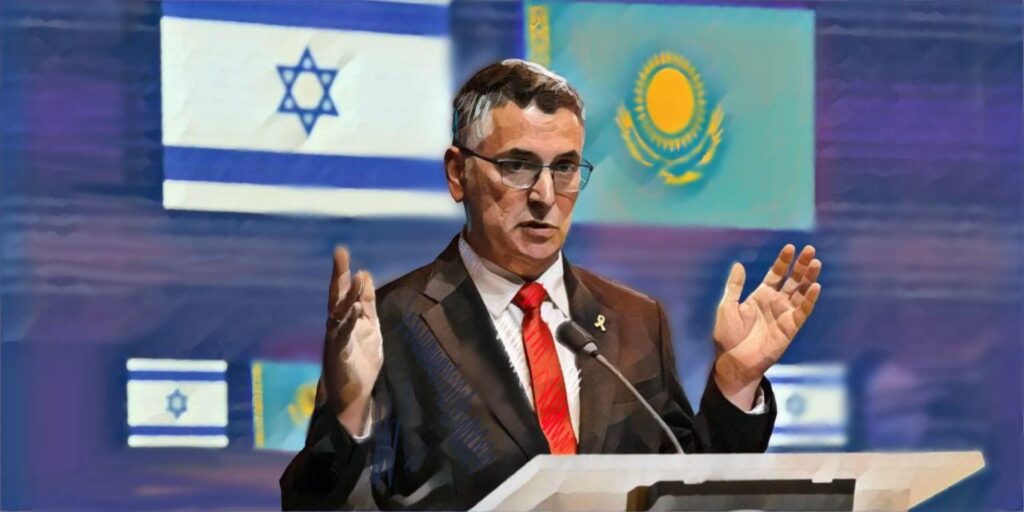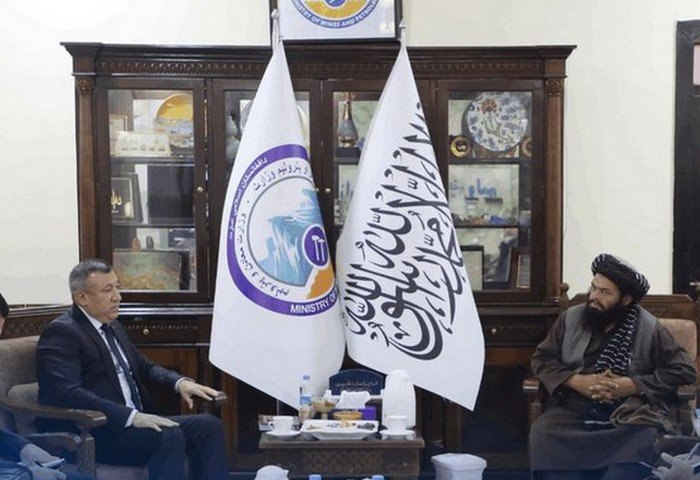Kazakhstan’s Foreign Minister Yermek Kosherbayev in Washington: Critical Minerals Cooperation
Foreign Minister Yermek Kosherbayev will travel to Washington, DC, to attend the Critical Minerals Ministerial on 3–4 February. A meeting with the Department of State and other rare earth element (REE) supplier countries will take place on 3 February. This will be Kosherbayev’s first official visit to the United States as foreign minister. A career diplomat, he assumed office on 26 September 2025. Prior to his appointment as foreign minister, he served as Kazakhstan’s ambassador to the Russian Federation, governor of the East Kazakhstan Region, and, earlier in 2025, as deputy prime minister, combining senior diplomatic experience with executive and regional governance roles. His visit will include engagement with Ambassador Yerzhan Kazykhan, appointed as the President’s first-ever Special Envoy to the United States on 13 January 2026, reflecting the priority Kazakhstan places on engagement with Washington. U.S.–Kazakhstan Strategic Convergence on Critical Minerals The visit follows a period of sustained diplomatic engagement beginning in November, marked by intensified trade and investment discussions. Since then, Presidents Kassym-Jomart Tokayev and Donald Trump have met twice in person and held one phone call, during which an invitation was extended for the G20 meeting scheduled for 14–15 December 2026. During this period, Kazakhstan also acceded to the Abraham Accords, a signature foreign policy initiative of the Trump administration. This diplomatic momentum has converged with U.S. strategic priorities on critical minerals. Rare earth elements (REEs) are a core component of the U.S. critical minerals strategy. While the United States maintains domestic REE production, it continues to pursue supply-chain diversification to enhance resilience. In this context, Kazakhstan’s identified REE deposits and resource potential—including elements not currently produced at scale in the United States—position it as a relevant partner in broader diversification efforts. This alignment has been formalized through a memorandum of understanding on cooperation in critical minerals, signed by President Tokayev. The agreement is intended to strengthen supply chains and deepen economic ties related to strategic raw materials and has been complemented by engagement from U.S. and Kazakh stakeholders, including Amont, interest from U.S. investors such as Cove Capital, and potential financing support from the Export-Import Bank of the United States, which has issued a letter of interest for up to $900 million. These signals reflect growing momentum at an early stage. Letters of interest and initial investor engagement lay the groundwork for defining commercial structures, offtake agreements, and development timelines, with progress ultimately driven by effective project sequencing and alignment between public support and private-sector risk appetite. Kazakhstan’s growing cooperation with the United States on critical minerals takes place within a well-established multi-vector foreign policy framework. Astana’s approach prioritizes stability and pragmatic engagement across a broad set of economic partners. Within this context, additional compliance and due-diligence requirements to support resilient supply chains are likely to remain part of project development, representing a manageable—but non-trivial—consideration for stakeholders. Kazakhstan’s Full-Value-Chain Advantage in Rare Earths Unlike many prospective rare earth element suppliers to the United States, Kazakhstan is not a greenfield destination limited to upstream extraction. The country...






